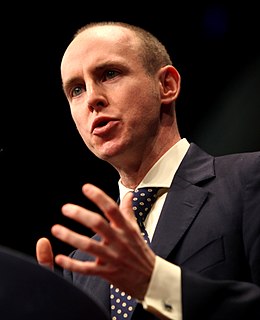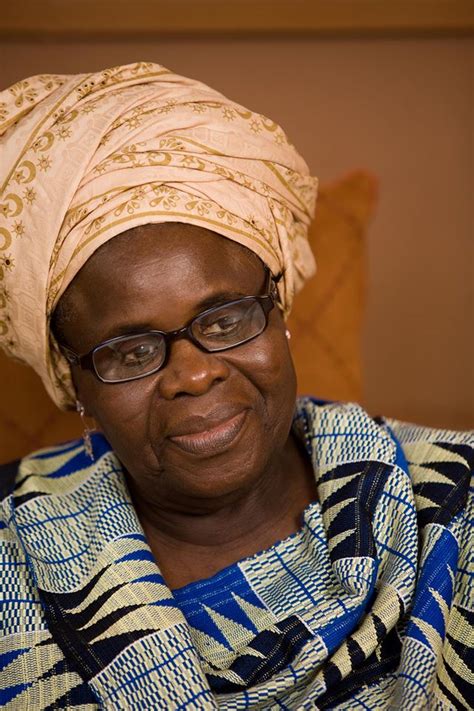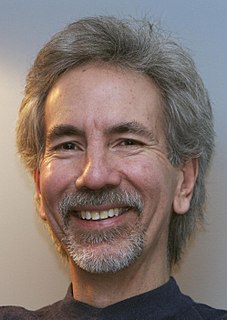A Quote by Daniel Hannan
Progressives and conservatives alike lean, unconsciously, towards particular conclusions, and then scrabble around to rationalise those conclusions to themselves.
Quote Topics
Related Quotes
If you're a progressive, you can find lots of people who call themselves conservatives, but who agree with you on lots of things. There are people who call themselves conservatives, but who love the land as much as any environmentalist. Progressives share a number of common values with people who call themselves conservatives. Barack Obama has understood that very well. What he calls bipartisanship is not adopting conservative views, but finding where people who consider themselves conservatives share with him and other progressives these fundamental American values.
The correctness of any of our policies has always to be tested and is always being tested by the masses themselves. We ourselves constantly examine our own decisions and policies. We correct our mistakes whenever we find them. We draw conclusions from all positive and negative experiences and apply those conclusions as widely as possible. In these ways relations between the Communist party and the masses of the people are constantly being improved.


































